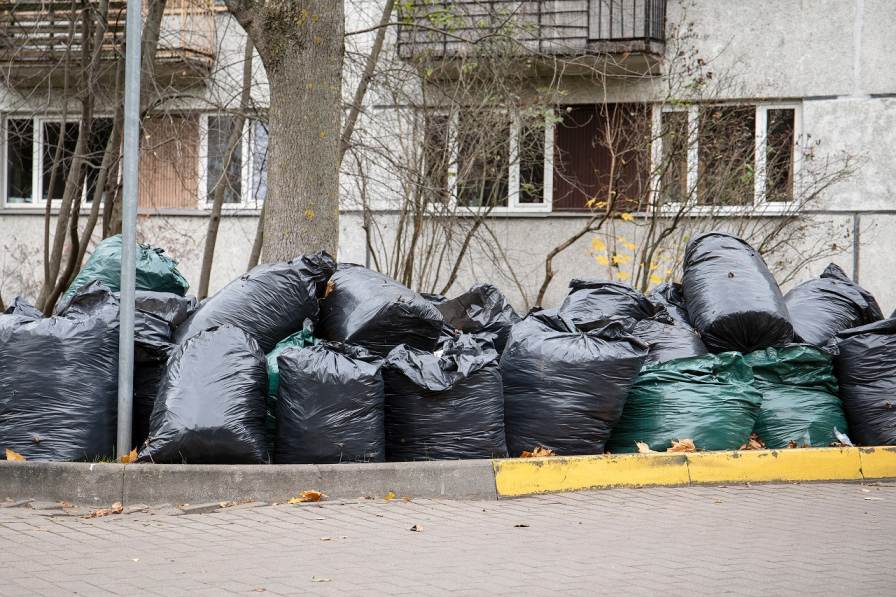Why not add these to compliment your wheelie bins?
Your basket is currently empty.
Shop NowBest Price Wheelie Bins Guaranteed! Find the same bin for a cheaper price and we will beat it!

Although the hot, summer weather is enjoyed by many, the heat can be bad news for bins. Unpleasant odours and multiplying bacteria thrive in humidity and end up further encouraging unwanted pests. Nevertheless, with proper maintenance and regular care, summer waste can become less of a smelly problem. Here are some top tips for looking after your bins this summer.
Keep it clean
Cleaning out a dustbin can be a dreaded chore, but the more you tackle the task, the easier it will become. Regularly disinfecting and eradicating bacteria will not only remove odours, but also limit the health risks of spreading germs. Rinse out your inside and outdoor bins every few weeks with a diluted anti-bacterial solution or even old washing up water. In the meantime, freshen them up by frequently using a bin deodoriser.

Treat your bins right
If possible, position your bins away from direct sunlight – this is especially crucial in the warmer months. This will do a lot to prevent the breeding of bacteria, but won’t stop it completely. Likewise, ensuring that the bin lid is firmly shut can prevent visits from potential pests, avoiding future problems. For example, leaving your lid even slightly open can encourage flies to leave behind larvae amongst the rubbish, possibly leading to a nasty maggot problem.
Inspect your bins every few weeks for cracks or splits caused by sun damage, and replace as quickly as possible if there is a problem. This is important because not only can waste spill easily into the streets or your home from the larger cracks, but germs will flourish in the warm crevices.
A great way to completely avoid unwanted liquid collecting in the bottom of your bin is to pad it out with newspaper or cardboard – the fluid will absorb into the material and afterwards can be thrown away.
Prepare your rubbish
It is always tempting to throw away something without a second thought, nonetheless, by practicing the following simple habits you can be sure to dodge any sticky situations in the future. Wash out leftover residue from plastic containers, such as yoghurt pots, in order to cut down the amount of waste food and liquid that enters your bin. Furthermore, it is a good idea to double bag and securely tie any meat or fish that you discard, this can help put a stop to foxes and cats raiding your bins.

Cutting down your rubbish
Remember that not everything has to end up in your outdoor bins. Repurposing rubbish is a great way to cut down your waste, which means less chances for bacteria to grow and bad aromas to appear. Reuse containers like boxes and tins for charming household storage or even glass bottles and jars for quirky vases – you can be as creative as you wish.
Similarly, vegetable and some food waste does not necessarily have to be thrown in your bin, as it is ideal for adding to a compost pile. By limiting the amount we throw away, we are able to prevent a lot of the problems that come with waste storage.
The result
Be sure to think before you throw something away; you may be able to reuse it, compost it or at least wash it out before it becomes a hive for germs in your wheelie bin. Taking up preventative measures as well as attacking problems head on will ensure we all have clean, pleasant-smelling bins this summer.